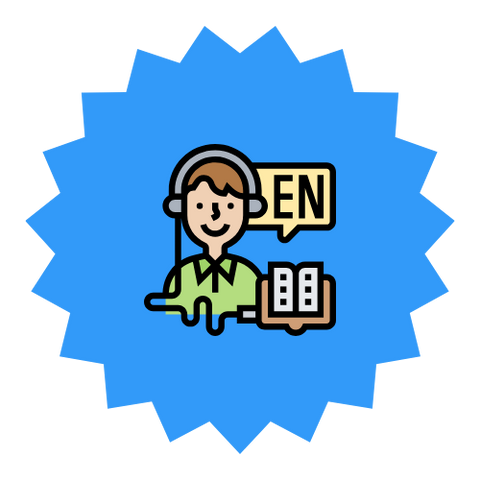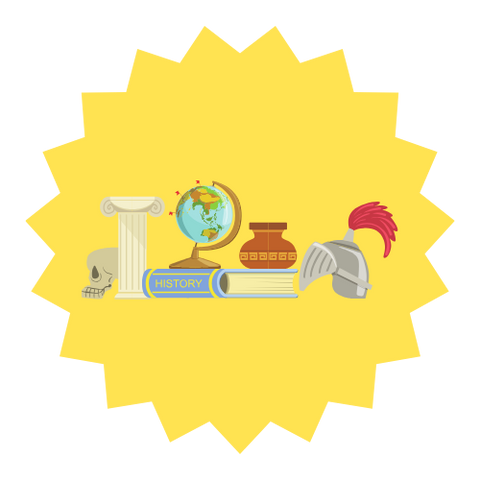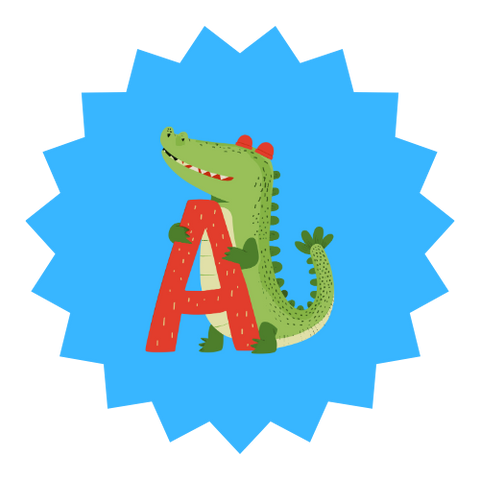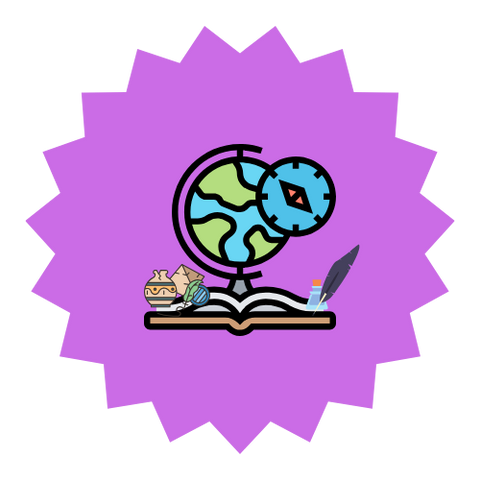Gabriela
Gabriela is a multilingual language and humanities tutor who combines structure, patience, and creativity to help students master English, Spanish, and French. A magna cum laude graduate from the University of Puerto Rico with dual majors in Art History and French Studies and now completing her MA at Boston University, she has taught in middle schools and French high schools, where she adapted lessons for students with ADHD, autism, and dyslexia. Gabriela’s classroom is inclusive, dynamic, and confidence-building—she pairs strong learners with peers who need extra help and uses breathing exercises, structured routines, and cultural materials to keep everyone engaged. Passionate about the arts, she brings culture and curiosity to every lesson and spends her free time watching ballet and dance performances.
Monday 9am-6pm
Tuesday 9am-6pm
Wednesday 9am-6pm
Thursday 9am-12pm
Friday 4pm-7pm
Saturday 10am-3pm
Sunday 10am-3pm
My approach is always to prioritize the student's learning style. What I enjoy about tutoring is the ability to work with smaller groups or with students in an individual manner so that I can see what their academic needs are and how i can best work towards making the course material digestible and fun. Some students are more visual learners, some learn through application exercises, some just need a little more time and practice to truly understand a concept. Tutoring provides that time as well as the practice they need. A big goal of mine is always to balance formal language learning with the cultural aspects of the language (movies, music, literature) because it helps our language skills and broadens our scope around how language is a living thing that connects us to others. I think it also makes learning more dynamic and fun for students. If they are engaged in the material, they are more likely to internalize the lessons.
I have a BA, double major, in Art History and French Studies, as well as a minor in Literature in English from the University of Puerto Rico. I am currently doing my Master's in History of Art and Architecture at Boston University.
I began tutoring back in high school, as volunteer work. More formally, I began tutoring through a program spearheaded by the University of Puerto Rico during 2021. I tutored students vitually, twice a week for 2 hours, focusing on English and Spanish. I taught middle schoolers (grades 6th-8th) through grammar exercises, literary analysis and games. After the first week, where I focused on getting to know my students' interests, I personalized the material given to us so they could feel that each class was made specifically for them.
After that, I continued tutoring but as a volunteer as part of a study group initiative some students had on campus. It was an open call, so whoever needed help or wanted to help showed up at the same spot every week and we tried to pair up as best we could.
Last year, I moved to France where I worked as an English teaching assistant in a multi-disciplinary high school.

My mission
My biggest goal as a tutor is to help students become confident thinkers, speakers, and writers. There is absolute JOY in watching students connect the dots and learn something new. I experienced it myself as a teaching assistant: the satisfaction of seeing something "click" for a student. It is the most rewarding thing to see a student's face light up when they are able to get past an academic hurdle, and so joyful to see them gain confidence and
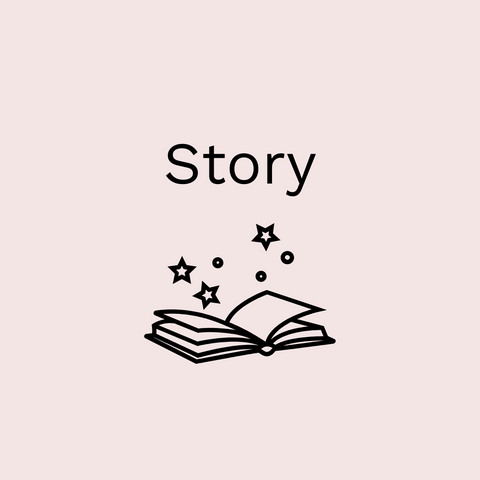
My Story
I am from Puerto Rico, born and raised! My culture is very important to me, I love the neighborly friendliness we embody, the joyous music we make and the people we enjoy our landscapes besides. I have been immersed in the teaching world my entire life because both of my parents were teachers, so I know the hard work that entails being an educator but also the profound joy it brings. I have had a couple of teachers whose belief in me changed the way I viewed myself and my potential. One of them was my Third grade English teacher, Ms. Mitsi. We bonded over our love of reading. Right before she left Puerto Rico, she left me one of the most thoughtful presents I have received: a whole box full of books and short novels. Books I found interesting at age 9, but also other novels that I would grow to love later. These books accompanied me for years and encouraged me to approach literature more independently, not always waiting for it to be assigned as homework but seeking out books when I needed an adventure or refuge. I hope to transmit that love for culture through language to my students, so they know that the arts are an awesome universe to explore!
Cognitive Diversity
How I adapt to students with diverse intellectual needs.Last year, I worked in France as an English teaching assistant in a multi-disciplinary high school. It is through this experience that I truly learned how to adjust course material to meet the needs of students of all levels. I had students with a very impressive level of English in the same classroom as students whose language skills were noticeable lower. For me, it was important that no student ever felt ostracized or embarrassed. I took time to teach basic concepts in depth and then paired up students with a higher skill level with students who had more challenges when reading, writing and speaking English. I guided all exercises but also left room for them to work as peers and for the students to rise to the dual challenges: helping a fellow student from a place of empathy and the confidence they could do it, and letting yourself be helped by a friend while you trust yourself to try and work through the course material.
I had a student with a very low English level (and some learning differences) work up the confidence to speak aloud! Later in the year, we invited him to a debate competition. He teamed up with one of our fastest-learning students. He managed to make some compelling arguments! They weren't gramatically perfect but he was sure enough in his intention and his skills that he spoke English in front of strangers.
For me, teaching students with learning differences is about patience and the gentle expectation that they can do it. I don't like the idea of bypassing material, or skipping over exercises because they may be a challenge. Within reason, considering what the challenges that each student faces may be, I think it is important that they know we trust that they will understand the material, and that we are confident they will thrive. We should always adjust the manner in which we present the material to fit a student's learning style, but we should never deprive the student the opportunity of learning all the material their peers are learning.
I have had multiple gifted students and my main goal is to not let them feel forgotten. When you have gifted students within a group of very diverse language skills, the priority is to get kids who are behind to catch up. This is important, but it can leave gifted students bored and disengaged from class. I always made sure to have extra work or extra reading material for them and took the time to sit down with them and explain that I thought they could manage the challenge I was providing them with. I gave them room to rise to the occasion, and let them take on a leadership role to help other students.
I had many students who had ADHD. I realized that establishing a routing to ground ourselves worked out well. We would begin with super simple breathing exercises. Halfway through class, we would do stretches so we could focus again and get over the "slump" that you often get when you're sitting down for extended periods of time. As always, it is extremely helpful to adjust the material to students' interests so they are actively engaging and excited about the learning process.
One of my students during my experience in France was on the spectrum. It just meant I had to take time to explain things further than their literal meaning and made sure our class environment was dynamic but not rowdy to the point of distraction or overstimulation.
I have had a couple of students with dislexia and I used things like Dislexie font to help them with their reading. I also taught them how to look for audiobooks and speech-to-text sites so they could gain some independence with their reading and feel a sense of agency within their learning process.








